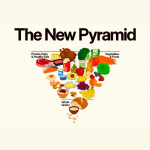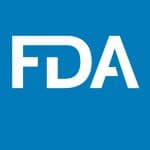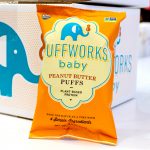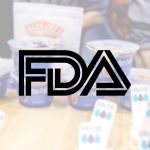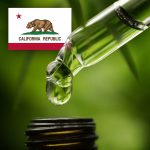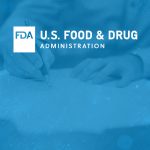FDA
Featured FDA Content
Even The New Dietary Guidelines Want More Protein, Less Processing
“Eat real food.” That is the central message projected by the Trump Administration’s new Dietary Guidelines for Americans.
A Year In Food Industry Upheaval: Trump, Tariffs and Titanium Dioxide
This year will go down in the history books as one marked by an unprecedented federal focus on the food industry, sparking strategic overhauls of, and a bit of panic within, Big Food operations; a flurry of state-level action against a plethora of synthetic ingredients; and the adoption of some new acronyms – UPFs and MAHA, just to name a few.
‘A Lobster Trap’ for Chemicals: Critics Slam New Efforts To Close GRAS Loophole
Politicians and Big Food have taken initial steps to influence the future of the GRAS process, and their efforts have immediately drawn criticism as industry watchdogs.
Additional Content
Food Safety Update: FDA Announces New Initiatives, EPA Deems Glyphosate Safe
Governmental agencies made several new announcements this week that could impact how brands and suppliers approach food safety.
FDA Allows Allulose to be Excluded from Total and Added Sugars
The FDA issued new draft guidance last week for allulose, stating it intends to allow manufacturers to exclude the low-calorie sweetener from total and added sugars on Nutrition Facts labels, marking the first time a sweetener will be exempt from the total or added sugars list.
Post Qualified Health Claim Status, Allergen Introduction Market Sees Growth
Brands’ — such as Puffworks — efforts to prevent peanut allergies have inspired other brands to develop products that offer the early introduction of other allergens.
FDA to Consumers: How Would You Define Dairy?
The FDA today announced it has issued a request for information (RFI) in the Federal Register to solicit comments and feedback from the public to gain more insight into how consumers use plant-based alternatives and how they understand terms like “milk” or “cheese” when used to label plant-based products.
Regulatory Update: California to Block CBD Sales; FDA Tackles Alt-Dairy
In California, a revised FAW issued by the state Department of Public Health effectively prohibits the sale of hemp-derived CBD products, while the debate over defining an identity for the plant-based dairy category moves forward.
FDA Amends Fiber Labeling Restrictions
The Food and Drug Administration (FDA) announced today that it has expanded its list of approved dietary fibers that can be listed on the updated Nutrition Facts panel.
Internal FDA Emails: There’s Weedkiller in Your Oatmeal
Food and Drug Administration (FDA) scientists have detected glyphosate, a chemical in a weed killer linked to cancer, in an array of commonly consumed U.S. based food products, according to emails obtained through a Freedom of Information Act request.
Sweet or Sour: Industry Responds to FDA Added Sugar Guidance
The FDA recently provided more context about how brands using natural sweeteners like honey or maple syrup should handle the labeling of their sugar content on the new Nutrition Facts label. But the question is, does this guidance provide enough clarity to sweeten industry leaders on this added sugar callout?
3 Takeaways for Brands Amid Changes at FDA
To make sense of the FDA’s recent flood of guidances and announcements, we spoke with a few industry experts to help us break down the regulatory and political jargon and explain what it could potentially mean for business leaders.
What FSMA Changes Mean for CPG
The U.S. Food and Drug Administration (FDA) announced last week that it will not actively enforce certain areas of the Food Safety Modernization Act (FSMA). One provision in particular has the potential to impact CPG supply chains.
